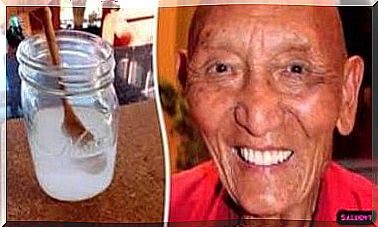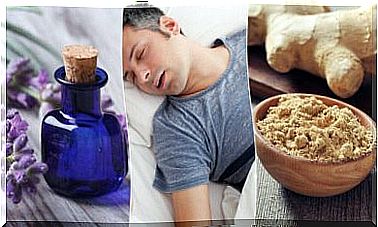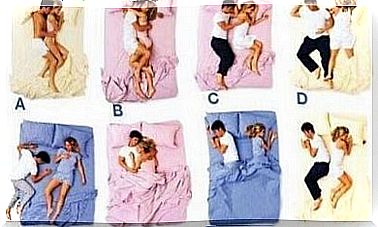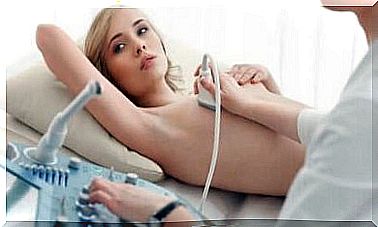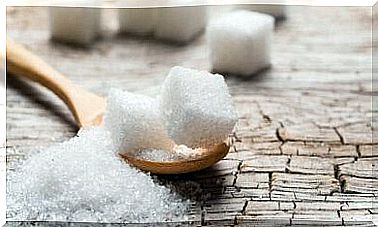Causes, Symptoms And Treatment Of Urinary Incontinence
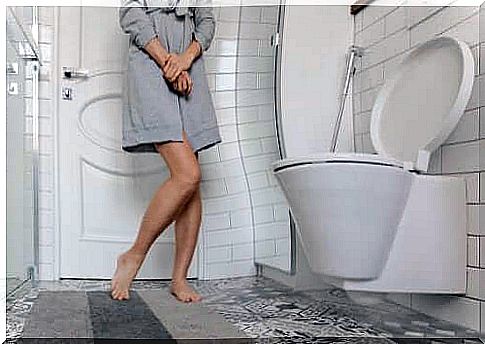
Urinary incontinence, or incontinence, is not a disease in itself; it occurs as a result of changes in the bladder that interfere with its function. In these changes, the normal process of filling the bladder or the process of emptying is disrupted, with the onset of urinary incontinence, i.e. incontinence.
The defining feature of urinary incontinence is the unintentional loss of urinary control. A person suffering from urinary incontinence cannot decide in the normal way when to urinate and when to detain when urinary leakage occurs at inappropriate times, that is, when that person has not voluntarily decided to do so.
Sometimes urinary incontinence occurs when a person makes a certain effort, such as when sneezing can occur. Otherwise, urinary incontinence occurs when the bladder is full and urine gets out unintentionally.
Urinary incontinence is not just a health problem in a pathological sense. A person suffering from urinary incontinence also faces changes in social life for fear of urinary leakage at inappropriate times, such as in public places and in the presence of other people.
Causes of transient urinary incontinence
Transient urinary incontinence is an ailment that, as the name implies, is temporary and transient. It is usually due to, for example, food, drink, or medications that stimulate urine production. When the diuretic effect of these factors ceases, urinary incontinence also disappears.
Among the factors that stimulate urine production, we can mention the effects of soft drinks, alcohol, citrus fruits, and certain drugs that cause high blood pressure.
Other causes of transient urinary incontinence are:
- Urinary tract inflammation : Bladder irritation may be severe enough to cause urinary leakage.
- Constipation: The intestines are located close to the bladder and may inadvertently stimulate it in the case of hard stools passing through the rectum.
- Pregnancy: During pregnancy, both hormonal changes and enlargement of the uterus can cause bladder hyperactivity.
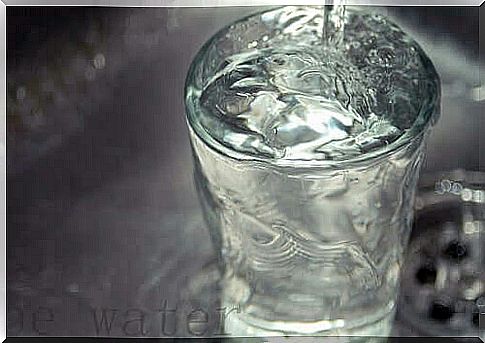
Causes of chronic urinary incontinence
On the other hand, over time, the constant affliction called chronic urinary incontinence can be due to several different reasons:
- Deposition: When pelvic floor muscles begin to weaken, for example, in women who have had a complex or multiple births, a descent of the pelvic organs can produce urinary incontinence. This decline in pelvic structures is called descent, as its name implies.
- Age: Aging weakens the muscles of the body, including the muscles of the bladder. In women, menopause reduces the amount of estrogen and also weakens the tissues of the urinary system.
- Gynecological surgeries: The bladder is an organ held in place by the presence of other organs and especially the uterus. Gynecological surgeries and surgeries in that area may in some cases lead to urinary incontinence.
- Prostate Problems: In men, prostate problems are the leading cause of urinary incontinence. The most common of these are either benign prostatic hyperplasia and a more serious consequence, prostate cancer.
- Neurological Disorders: Some nervous system-related pathologies can affect the nerves that nerve function in the bladder and manage its emptying. From a clinical point of view, this condition is called the neuroneurogenic bladder and may be due to diseases that affect nervous system function, such as Parkinson’s disease or multiple sclerosis, or MS.
- Psychological causes: Stress states or the inability to resolve everyday situations can also manifest clinically as urinary incontinence. Night watering of children under the age of six is a good example of this.
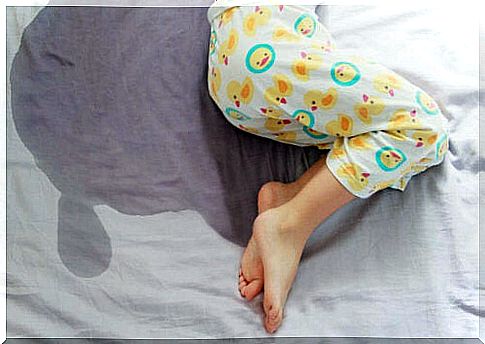
Treatment of urinary incontinence without medication
Medications are not always needed to treat urinary incontinence. One of the most important recommendations is to regulate fluid intake during the day.
Fluid intake control can be performed without the need to reduce fluid volume. For example, the amount of fluid can be evenly distributed throughout the day to prevent the formation of large amounts in a short time in a bladder whose function cannot be voluntarily controlled by a person suffering from urinary incontinence.
The most effective way to regulate fluid intake is to start the day with a larger amount of fluid that gradually decreases towards the afternoon and evening. With children suffering from nocturnal enuresis, it is sometimes also better to have dinner time early so that there is enough space between eating and going to bed.
Treatment with medication
Sometimes urinary incontinence cannot be resolved despite hygienic and dietary changes, in which case it most often requires the use of medications. In some cases, the cause behind the situation is an illness that cannot be treated other than through medication.
Medicines used to treat urinary incontinence are designed to ensure that the bladder does not contract unintentionally and that the urethra remains stuck even when urine begins to accumulate in the bladder. The agents selected for this mechanism generally include agents that inhibit the action of acetylcholine in the central and peripheral nervous system, called anticholinergic drugs.
Anticholinergic drugs work to reduce the ability of the bladder muscle to contract. The most common of these anticholinergic drugs is oxybutynin. These drugs are very effective, but they can also be detrimental to some patients because of their strong side effects.
For example, patients with glaucoma or cardiac arrhythmias cannot use oxybutynin. If the adverse effects of the drug are very severe in patients who do not have contraindications to the use of the drug, treatment should be discontinued.
If changes in hygiene and diet or medication do not work, the last option for treating urinary incontinence is surgery.
